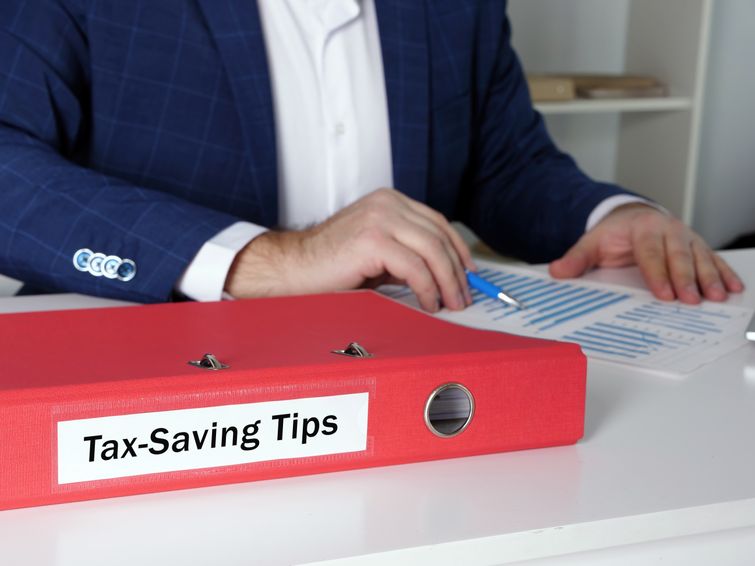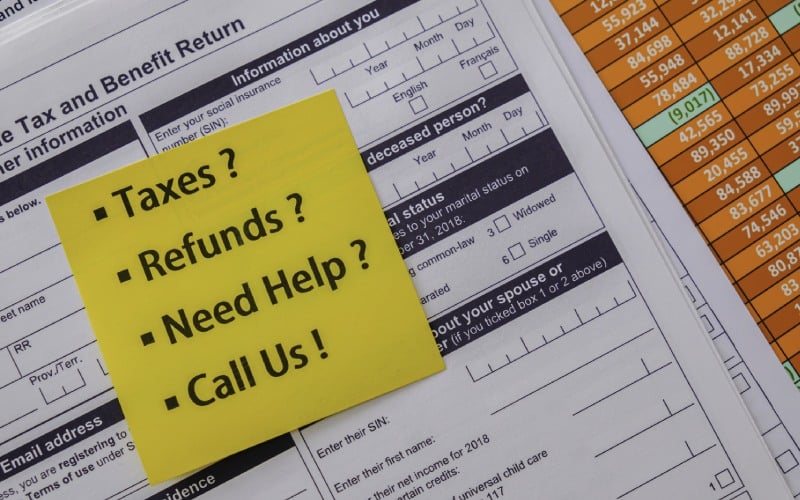Every dentist wants to save money this tax season. Thankfully, there are many ways that dentists can reduce their tax liability and save more of their hard earned money.
In this blog, we share several tax tips that can help you increase your overall tax savings.
Table of Contents
Toggle1. Claim Your Tax Deductions
Tax deductions are great ways to save on your taxes without cutting your business expenses.
Dentists can give their employees one non-cash gift each, valuing up to $500 per year. Non-cash gifts are any gifts that do not have a dollar value, so do not give your employees gift cards or certificates. Rather, opt for a bottle of wine, fruit basket, or another type of gift. The cost of the gifts can be claimed tax-free.
Parties and gatherings are important for establishing a great work culture. Thankfully, you do not have to foot the bill for your year-end party when it comes to paying your taxes. For tax purposes, meals and entertainment for staff are anywhere from 50% to 100% tax-deductible.
Sole proprietors will also be pleased to know that their child care expenses are tax-deductible. However, this tax deduction is only available to family members in a lower tax bracket. Nevertheless, you can receive a tax benefit from anywhere from $5,000 to $11,000 for family members under the age of 16.

2. Incorporate
Incorporation is one of the best tax-saving strategies for dental practices.
Incorporation is when a dental practice becomes a corporation; a separate legal entity. A corporation is beneficial because it separates your income from those of the owners. A professional corporation also has a lower rate than individuals.
In Canada, the general corporate tax rate on business income is 15%. Eligible small businesses can have a net rate of 9%. The business rate is much lower than the personal tax which can vary from 15 to 53% depending on your annual income.
3. Get Tax Savings When You Save
Did you know that there are benefits to saving for the future? Investment income is tax-free in Canada. You can put away a good deal of your income without ever having to pay tax on it. As a result, you pay fewer taxes while improving your financial health.
Many dentists should take advantage of these savings when it comes to building out a retirement plan. Set up a Registered Retirement Savings Plan (RRSP) or Individual Pension Plan (IPP) and set aside as much money as possible without going over your assigned limit. Make sure to check the Canada Revenue Agency website to find your annual contribution limit for the following year.
4. Reduce Your Taxable Income
Dentists can pay fewer taxes when they reduce their income. There are several ways that you can do this without inciting capital gains tax implications:
- Donate to a charity
- Lend money to a family member under a documented loan
- Purchase equipment for your practice
- Put funds in an RESP for your adult children attending college or university

5. Use Salary/Dividend Income Splitting
When it comes to net income, dentists should split their income between their salary and dividends to maximize their savings.
Dividends are sums of money that are paid by a company to its shareholders out of its profits or reserves. They are taxed at a lower rate than personal income. For instance, taxpayers in the highest bracket only pay 39% on income earned from dividends compared to 53% on their salary.
Note: The business structure of your practice will determine whether you can qualify for dividends. Your practice will need to be a corporation for you to use dividends.
6. Hire An Accounting Company
A professional accounting company can help you get ready for tax season. They can identify any tax planning opportunities and offer knowledgeable advice. If you are too busy running your practice, they can do more than just your tax planning; they can handle your business and personal tax filings for you, ensuring that you apply for and receive your eligible tax benefits.
Adam has an MBA from the Richard Ivey School of Business in London and also holds a Chartered Investment Manager designation.
- Maximizing Tax Deductions for Dental Practices - April 1, 2024
- Tax-Efficient Investing For Dentists - March 28, 2024
- 2024 Tax Insights: Key Changes Every Dentist Needs to Know - March 6, 2024





